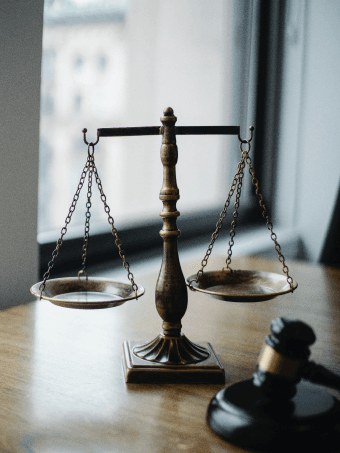Details of the case
Eco de los Andes SA had requested the registration of the brand “ECO DE LOS ANDES LOGIC WE USE A NEW LOGIC” (and design) in classes 16 and 32 of the international nomenclator. The National Trademark Directorate denied both requests on the grounds that it is a misleading trademark and its registration is prohibited for including the term “eco”. In this context, Eco de los Andes initiated a lawsuit against the National Institute of Industrial Property to revoke this decision. The trial judge affirmed the denials based on the rules above and found no exceptions that justified the revocation. Eco de los Andes appealed the decision. The court, in its ruling, clarified that the term refers to products made or obtained without using harmful chemical compounds, emphasizing the environmentally friendly nature of the goods. Consequently, the court overturned the lower court's decision, stating that connecting natural mineral spring water to ecology is not misleading and does not violate Trademark Law.
A significant aspect of the case was the interpretation of the Ecological, Biological, or Organic Production Law, which prohibits the use of terms like "biological," "ecological," or "organic" in trademarks for certain agricultural products. The court highlighted that mineral spring water does not fall into the category of agricultural products, rendering the statute irrelevant in this context. This ruling opens the door for the registration of ECO DE LOS ANDES's trademark.
Global Implications
While the case's direct impact is limited to the specific circumstances surrounding spring water, it draws attention to the broader issue of how trademark offices globally handle sustainability-centric trademarks. Brands have increasingly embraced terms like "eco" in their trademarks, spanning various industries. For instance, clothing brands like Splendid have sought registrations for marks like SLPENDID ECO, indicating a trend that goes beyond the realm of food and beverages.
Interestingly, the stance taken by the U.S. Patent and Trademark Office (USPTO) differs from that of the NIIP. In the U.S., trademarks incorporating terms such as "biological," "eco," or "organic" have faced relatively little resistance. The USPTO, under Section 2(a) of the Lanham Act, has the authority to regulate "green" trademarks to address false and deceptive claims. However, brands have successfully registered such trademarks, showcasing a more lenient approach compared to Argentina.
On the other side of the Atlantic, the European Union Intellectual Property Office (EUIPO) has established guidelines that allow for the refusal of trademarks containing the term "eco," either alone or in combination with other descriptive terms. Despite this, numerous "eco" marks have been registered, indicating a potential disconnect between guidelines and actual registration outcomes. As consumer awareness of environmental issues grows, the demand for "green" products and, subsequently, trademarks, is expected to rise. However, this surge in interest presents a paradox. While consumers become more sophisticated in understanding sustainability terms, trademark applicants may find it challenging to establish the distinctiveness of their marks, especially if they are perceived as descriptive or laudatory. Therefore, brands navigating this space should be mindful of the varying approaches taken by different trademark offices and the increasing scrutiny from consumers.
FAQs - Argentina's Eco Water case
1. Why was Eco de los Andes initially denied trademark registration?
The trademark was rejected because it included the word "eco", which Argentina’s National Trademark Directorate considered potentially misleading under local trademark law. They believed it suggested environmental benefits not clearly substantiated.
2. What did the court decide in the Eco de los Andes case?
The court overturned the denial, ruling that using "eco" for natural mineral spring water is not misleading. It also clarified that the law restricting ecological terms applies to agricultural products, not bottled water—allowing the trademark to proceed.
3. How do other countries treat “eco” and similar terms in trademarks?
There’s no global consensus.
The USPTO (U.S.) generally allows trademarks with “eco,” “organic,” etc., as long as they’re not deceptive.
The EUIPO can reject them if deemed descriptive, but still approves many.
Argentina has been more restrictive, though this ruling suggests a possible shift.


